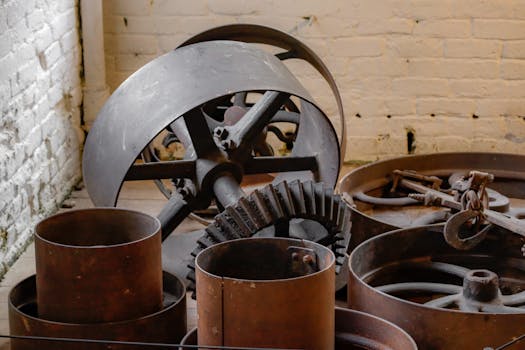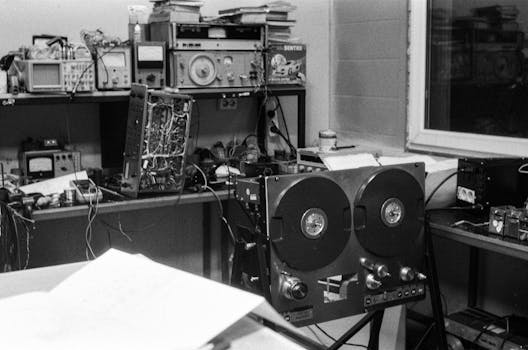
The Evolution of Mechanical Engineering Through the Ages
Takeaways:
- Mechanical engineering has a rich history that dates back to ancient civilizations.
- Key innovations have driven the field forward, including the invention of the wheel, steam engines, and modern robotics.
- The discipline continues to evolve with advancements in technology, such as computer-aided design (CAD) and artificial intelligence.
Mechanical engineering is one of the oldest and most diverse fields of engineering. It encompasses various aspects of design, analysis, manufacturing, and maintenance of mechanical systems. This article takes you on a journey through the ages, showcasing how mechanical engineering has evolved from its inception to the present day, and how it continues to shape our world.
Ancient Foundations: The Birth of Mechanical Engineering
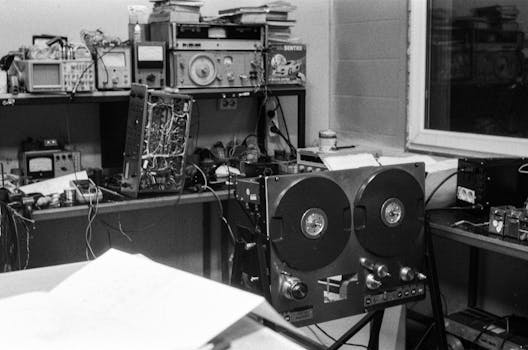
One of the most notable inventions from this period is the water screw, also attributed to Archimedes. This device allowed for the efficient lifting of water, which was crucial for agriculture in arid regions. Similarly, the invention of the wheel in Mesopotamia around 3500 BC marked a significant milestone in mechanical engineering, facilitating transportation and trade.
The Middle Ages: Advancements in Mechanics
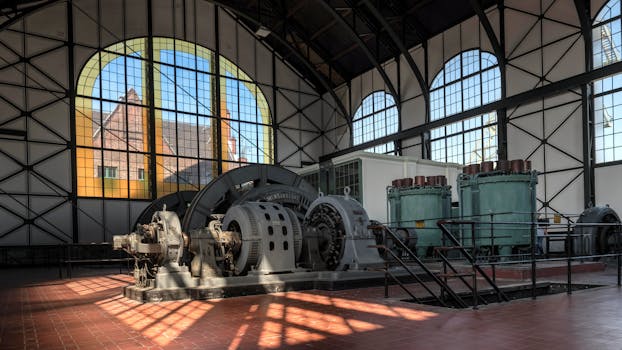
The development of clock mechanisms in the 13th century further exemplified the evolution of mechanical engineering. The intricate gears and weights used in these early clocks represented a leap in precision engineering, paving the way for future innovations in mechanics.
In addition, the rise of metallurgy during this period allowed for the creation of stronger materials, enabling engineers to design more robust and efficient machines. The combination of these advancements laid the foundation for the technological revolution that was to come.
The Industrial Revolution: A New Era
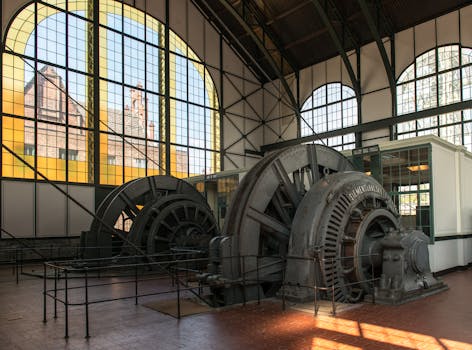
During this time, mechanical engineers began to focus on efficiency and productivity. The introduction of assembly lines, pioneered by Henry Ford in the early 20th century, transformed manufacturing processes, allowing for the rapid production of goods. This period also saw the emergence of new materials, such as steel, which further enhanced the capabilities of mechanical systems.
Modern Mechanical Engineering: Challenges and Innovations
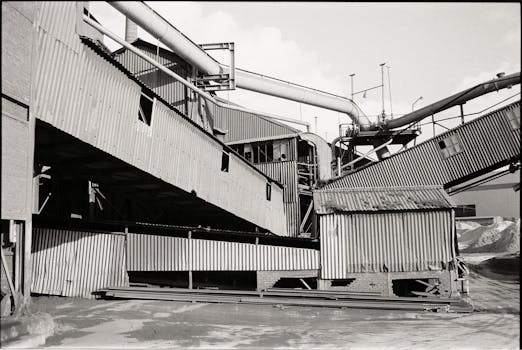
Moreover, advancements in artificial intelligence and machine learning are reshaping the field, enabling the development of smart systems and automation. These innovations are not only improving efficiency but are also driving sustainability efforts across industries.
Conclusion
